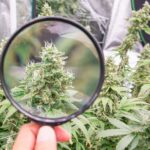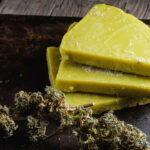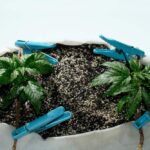The Best Fluffy Pancakes recipe you will fall in love with. Full of tips and tricks to help you make the best pancakes.
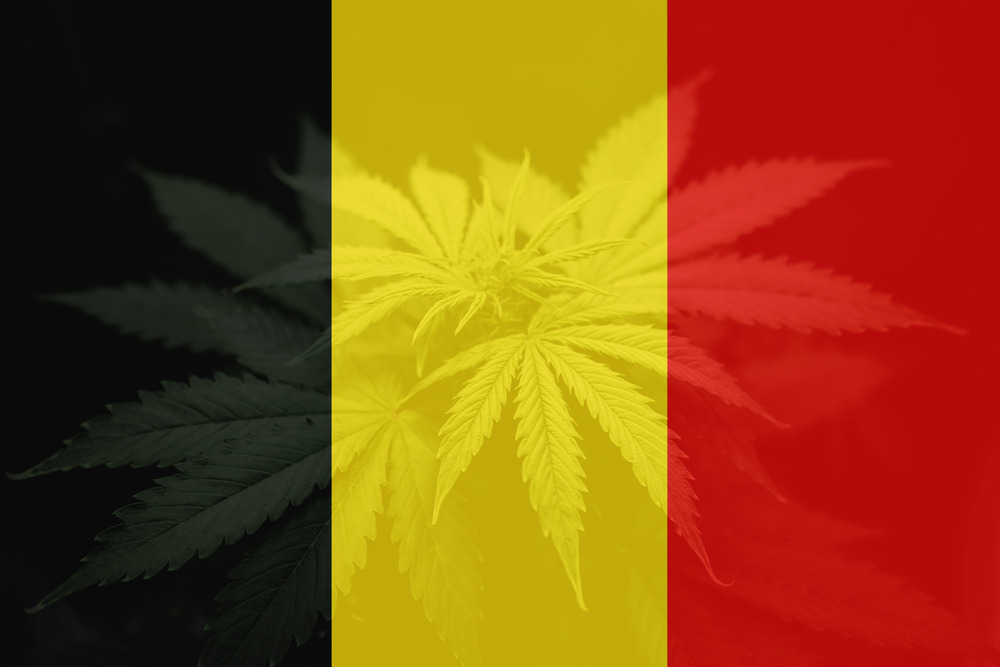
Is weed legal in Belgium?
If you’re wondering whether you can light up a joint legally in Belgium, the answer isn’t as simple as yes or no. Belgium’s cannabis laws are filled with exceptions, grey zones, and contradictions. As a breeder who’s kept a close eye on Europe’s shifting cannabis climate, I can tell you that Belgium is one of the more cautiously tolerant countries. It isn’t exactly waving the green flag, but it’s not chasing you down with pitchforks either—at least not if you’re smart about your usage. This guide breaks everything down, so you’ll know exactly what’s allowed, what’s not, and where you might be able to bend—but not break—the rules.
Legal status of recreational cannabis in Belgium
Definition of personal use – adults over 18 possessing up to 3 grams or a single plant
Belgium doesn’t fully legalise cannabis for recreational use, but it does recognise the reality that adults might consume it. If you’re over 18, you’re allowed to possess up to 3 grams of cannabis or one female cannabis plant for personal use. This quantity is viewed through a lens of tolerance—it isn’t legal, but it’s decriminalised. That means police won’t necessarily arrest you, but they can still confiscate your stash, especially if they think you’re pushing boundaries.
Possession above that 3-gram threshold puts you into criminal territory. You’ll likely face charges for intent to distribute, which is treated much more harshly. It’s also worth noting that resin, oils, and extracts don’t get this 3-gram tolerance. They’re treated like hard drugs under Belgian law. So flower is chill (within limits), but that dab rig better stay on the shelf.
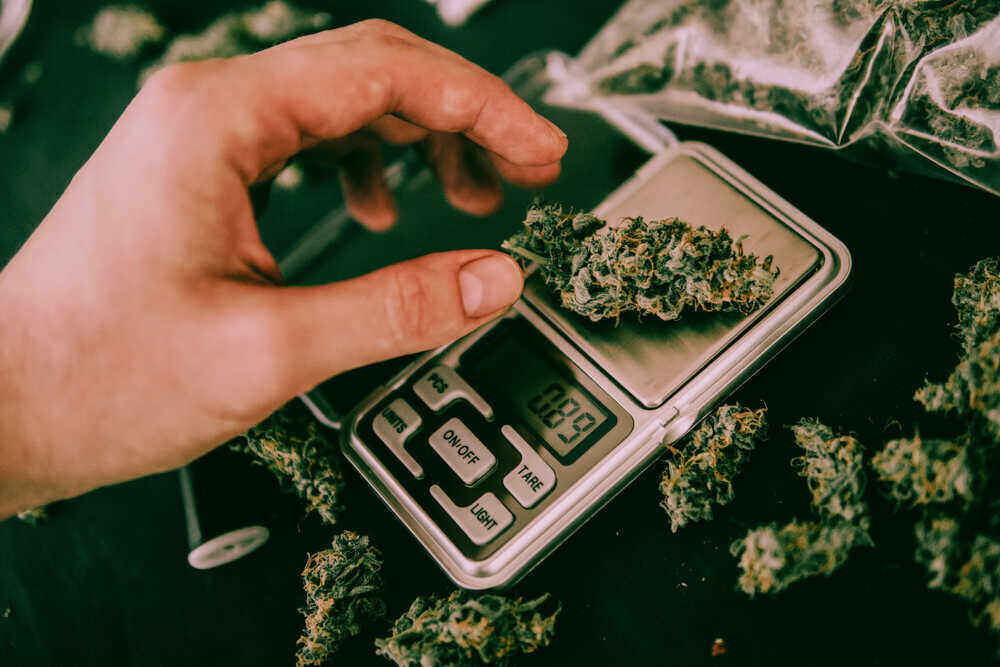
Decriminalisation policy and “low‑priority prosecution” guidelines
Decriminalisation in Belgium doesn’t mean the government wants you to light up freely. It’s more of a “don’t cause trouble, and we won’t cause you trouble” kind of deal. The law has set cannabis possession as a low police priority when it involves small amounts for personal use and there are no aggravating circumstances.
That said, decriminalisation isn’t a get-out-of-jail-free card. I’ve heard stories of cops taking a hardline stance, especially outside major cities like Brussels or Antwerp. In other words, your experience might differ depending on your postcode and the mood of the officer who stops you.
Penalties and aggravating circumstances (public use, sale, proximity to schools)
Lighting up in public? Selling to your mates? Hanging out near a school with a joint in your hand? That’s when Belgium gets serious. If you’re caught smoking in public or possessing cannabis near areas frequented by minors—like schools or playgrounds—you’re looking at steeper penalties.
And if the police suspect you’re dealing, even casually, things can escalate fast. Here’s what you might face:
- Fines starting around €800 and increasing based on quantity and context
- A criminal record, especially if you’re under 18
- Potential jail time if there’s intent to supply
So yes, while the law makes room for personal use, it draws a thick red line around distribution and irresponsible behaviour.
Cultivation and home growing
Tolerance for one plant per adult—legal grey area and potential confiscation
If you’re growing for yourself, Belgium is one of the few European countries that sort-of allows it. You can grow one female plant for personal use—just one. And even then, it’s technically illegal, but tolerated. The authorities call it a “policy of non-prosecution,” which basically means that if you’re discreet and not running a full-blown grow op, you’ll probably be left alone.
But here’s the kicker: even though they might not charge you, police can still confiscate your plant. I’ve seen it happen—especially if it’s growing outside or somewhere visible. Keeping it indoors, out of public view, and clearly for personal use reduces your risk.
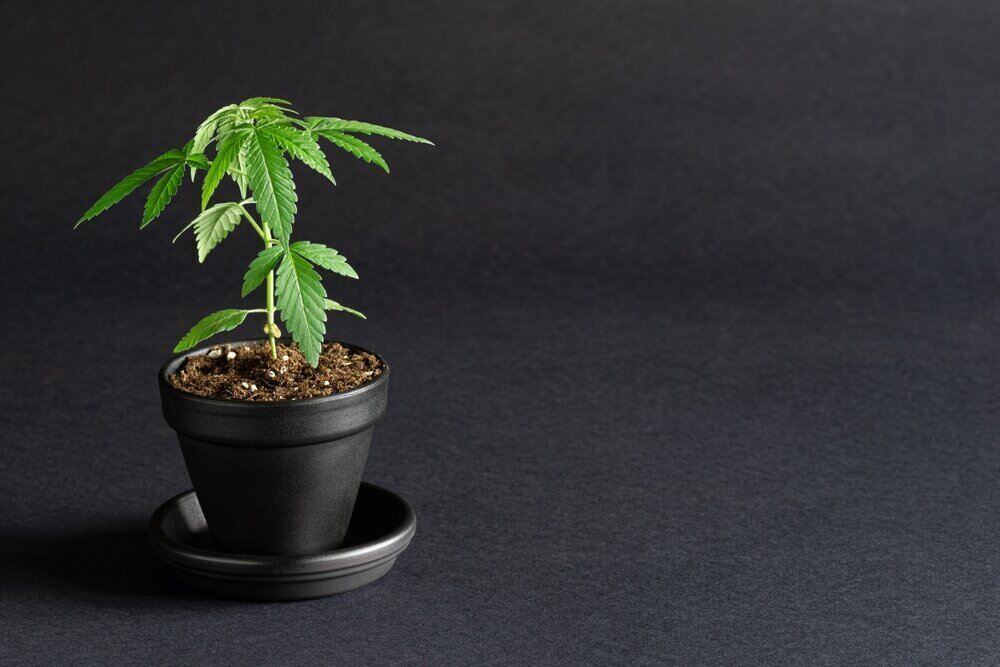
Laws on multiple plants, distribution intent, and size limits
Once you start growing more than one plant, you’re moving into risky territory. Two or more? That’s when Belgian law begins to presume intent to distribute, and the police could charge you accordingly. And believe me, it doesn’t take a massive grow room—just a couple of healthy girls under LEDs can raise suspicion.
There’s also no official “size” limit on plants, but if your single plant is trained with SCROG techniques and yields like a small tree, you might still attract attention. I always advise keeping it modest—something that looks personal, not commercial.
Historical evolution of cultivation rules since 2003
The current tolerance for one plant per adult dates back to 2003, when Belgium softened its stance on cannabis use. The goal was to free up police and court resources while recognising that adults might consume small amounts without becoming criminals. But ever since, it’s been a game of back-and-forth: different political coalitions have pushed for stricter or looser interpretations.
So while cultivation hasn’t been fully embraced, the grey zone has remained remarkably stable over the past two decades—especially compared to countries like the UK or France.
Medical cannabis and CBD regulations
Medical cannabis availability—approved products like Sativex (and Epidyolex)
Belgium does allow medical cannabis in a very restricted form. Currently, the only cannabis-based medications legally available are Sativex (a THC/CBD oromucosal spray) and Epidyolex (CBD oil used for epilepsy). These are highly controlled, prescription-only products—meaning your doctor has to jump through a lot of hoops to get them.
Most patients with chronic pain, MS, or cancer-related symptoms find it hard to access these medications through regular healthcare channels. There’s no broad medical cannabis programme like in Germany or Canada. So while the law technically permits medical cannabis, practically speaking, it’s out of reach for the average patient.
Domestic medical cannabis programme—status of federal cannabis agency and licenses
Belgium does have a federal cannabis agency—it was set up in 2015 under the Ministry of Health to regulate cultivation for medical and scientific purposes. But despite that, there’s still no national system in place that allows licensed producers to supply patients widely.
A few pilot projects and pharmaceutical research initiatives exist, but they’re limited. As of now, Belgium hasn’t issued commercial licences for medical cannabis growers. So if you’re hoping to see Belgian-grown weed on pharmacy shelves anytime soon, don’t hold your breath.
CBD legal limits—< 0.2/0.3% THC, allowed for external use vs ingestion rules
CBD products are legal in Belgium as long as they contain less than 0.2% to 0.3% THC—depending on how the product is marketed. You’ll find CBD oils, balms, creams, and even hemp tea in shops. But there’s a catch: CBD edibles and ingestible oils technically fall under “novel food” laws and aren’t authorised for consumption.
That means you can rub CBD on your skin or drop it in your bath, but swallowing it? That’s where things get murky. Retailers get around this by labelling CBD oils as “for external use only.” You’ll have to make your own decision on what to do with it after purchase—just don’t expect your doctor or pharmacist to endorse it.
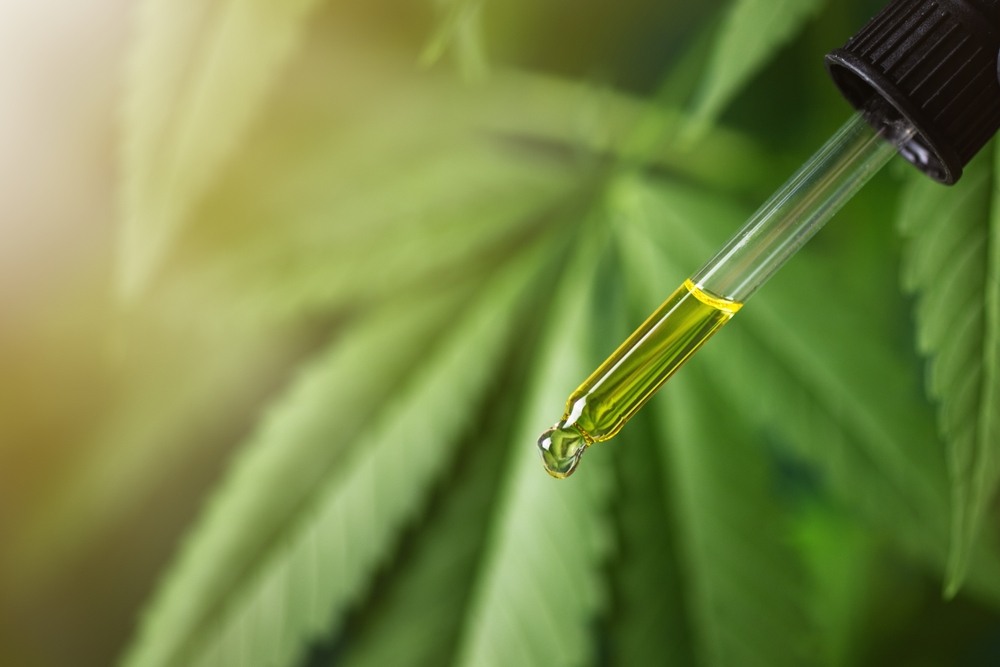
Cannabis social clubs and the legal grey zone
Origins and examples: Trekt Uw Plant, Mambo Social Club, Liège and Namur clubs
Belgium has developed a unique workaround to the cannabis supply problem: cannabis social clubs. These are non-profit cooperatives that grow cannabis collectively for registered adult members. The first and most well-known club was Trekt Uw Plant in Antwerp, founded in 2006. Later came others like Mambo Social Club in Hasselt, and groups in Liège and Namur.
These clubs operate on the belief that if one plant is tolerated per adult, then a club should be able to grow one plant for each of its members.
How social clubs operate under tolerated loopholes
Here’s how it works: each member assigns their legal right to one plant to the club. The club grows it for them in a secure, central location. Members don’t buy cannabis—they receive it as part of their membership. It’s a tightrope walk around the law, and while not officially legal, these clubs have been able to function with relative stability for years.
It’s kind of brilliant—no open markets, no dealers, just communal growing by experienced cultivators who know their genetics. I’ve always admired the craftsmanship in some of these setups.
Risks, legal responses, and enforcement variability
But don’t get too comfortable. These clubs walk a legal tightrope and have faced occasional police raids and prosecutions. Trekt Uw Plant was shut down in 2019 after a series of legal battles. The risk lies in interpretation: authorities might view a club’s operation as collective cultivation, or worse—distribution.
That said, enforcement is patchy. Some cities are more lenient, especially if the clubs are transparent and follow internal codes of conduct. Others clamp down hard. It all depends on the local prosecutor’s attitude.
Legal history and policy developments
The 1921 law and subsequent drug legislation (1975, 1994)
Cannabis has been banned in Belgium since 1921. That early law grouped weed in with other narcotics and laid the foundation for decades of prohibition. In 1975, the government introduced clearer distinctions between “soft” and “hard” drugs, but penalties remained harsh.
In 1994, penalties were tightened again—largely in response to international treaties and the global war on drugs. These laws shaped the legal framework that cannabis still operates under today, even though attitudes have softened.
Decriminalisation milestone in 2003
The big shift came in 2003, when Belgium officially decriminalised personal cannabis use for adults. That meant you could possess small amounts without facing criminal charges—although you could still face fines or confiscation. This reform marked the beginning of Belgium’s more pragmatic approach to weed.
Recent political reports and legal debates—including April 2024 parliamentary cannabis policy report
In April 2024, the Belgian federal parliament approved a comprehensive report on national cannabis policy. While it didn’t call for full legalisation, it urged lawmakers to provide clearer regulations and consider more progressive reforms.
The report acknowledged inconsistencies in enforcement, the need for a better medical system, and the potential benefits of regulating cannabis social clubs. It’s an important step—and signals that the tide may slowly be turning.
Future prospects and reform momentum
Political landscape and party positions regarding legalisation or reform
Belgium’s political parties are divided on cannabis. Green and socialist parties support legalisation or regulation, while conservative and Christian Democrats oppose it. This split has stalled major reforms, even though public support for change is growing.
As a grower and breeder, I keep an eye on party manifestos—especially during election cycles. If the Greens gain power, expect reform to land on the table.
Findings of the 2024 federal information report calling for legal clarity
The 2024 cannabis report called Belgium’s current approach “incoherent and outdated.” It urged the government to clarify what’s allowed, unify enforcement policies across regions, and evaluate legalisation models from other countries. The takeaway? Reform isn’t a question of if—it’s when.
Comparison with neighbouring countries (Luxembourg, Netherlands, Germany’s social club pilots)
Belgium’s neighbours are already pushing forward. Luxembourg legalised personal cultivation in 2023. Germany is piloting cannabis social clubs in 2024. And the Netherlands—despite its famous coffeeshops—is finally launching legal supply chains.
Belgium can’t ignore this momentum forever. The pressure to align with neighbouring reforms is growing, and the longer it waits, the more outdated its cannabis policy becomes.
Conclusion
So, is weed legal in Belgium? Not really—but it’s tolerated if you stay within strict boundaries. As a consumer, you’re allowed small quantities and one plant. As a grower, you’ve got to be discreet and smart. And if you’re part of a social club, you’re walking a fine legal line. Belgium is a country in cannabis limbo—neither embracing nor rejecting weed outright. But with recent political reports, growing public support, and pressure from reforming neighbours, the seeds of change are already in the soil.


